Marijuana News

Arguments Against Marijuana Legalization Are Falling Apart
The case against marijuana legalization is getting weaker with all of the research coming out. One of the biggest cases against legalization was the effect on teen use. According to recently released federal data, high school students are using drugs and alcohol at the lowest levels in 40 years.
Not to mention, the use of hard drugs, like heroin and pain killers have been declining as well. “We are heartened to see that most illicit drug use is not increasing, non-medical use of prescription opioids is decreasing, and there is improvement in alcohol and cigarette use rates,” NIDA Director Nora D. Volkow said in a statement.
Studies are showing that legalization has also led to a decrease in crime and an increase in tourism. Tax revenues for Colorado schools and infrastructure reached $13.6 million in just the first five months of 2015. With the multiple benefits of legalization, and proven medicinal benefits of cannabis consumption, it is getting hard to make a case against the plant.
“According to statistics compiled by the DPA, in the first 11 months of 2014, the rate of violent crime fell 2.2 percent compared with the same period in 2013.” Laura McCauley, a staff writer for Common Dreams, summarized. “In the same time frame, burglaries in Colorado’s capital, Denver, decreased by 9.5 percent and overall property crime decreased by 8.9 percent.”

Lewis Koski Leaves As Director Of Marijuana Enforcement Division in Colorado
After nearly two years as MED director and more than five years with the department formerly known as the MMED (Medical Marijuana Enforcement Division), Lewis Koski has accepted the position of deputy senior director of enforcement with the Colorado Department of Revenue, an MED spokesperson confirmed Wednesday.
“In this role, he will work alongside the senior director of enforcement, Ron Kammerzell, leading the five CDOR Enforcement Group divisions: Auto industry, gaming, liquor and tobacco, marijuana and racing,” said MED spokesperson Ro Silva.
Lewis not only ran the agency, he helped start it and was there since the beginning.

Turning Naive Cannabis Users Into Educated Consumers & Business Professionals
Researchers from The ArcView Group, a cannabis industry investment and research firm based in Oakland, California, found that the U.S. market for legal cannabis grew 74 percent in 2014 to $2.7 billion, up from $1.5 billion in 2013. As America’s fastest growing industry, business professionals of all ages and backgrounds are trying to join the green rush.
There are many of opportunities to break into the legal industry from startups to consultant positions, but there are still many challenges due to lack of research on the once taboo topic. Prestigious universities, such as Northeastern and University of Vermont, are starting to offer courses investigating the science and the uses of medical marijuana. This is a good step to turn the once naive consumers, employees and entrepreneurs into educated professionals.

10 Tips For Establishing A Friendly Medical Marijuana Workplace Policy
Now that medical marijuana (especially extracted CBD oil from the cannabis plant) is a proven treatment for a number of conditions and ailments, old stigmas are changing. Aside from medical reasons, numerous studies show cannabis can make you more creative and better at problem solving. As more and more people turn to marijuana for health reasons, zero tolerance drug policies are no longer effective.
This creates new challenges and opportunities for business owners. In order to establish workplace policies that are fair and regulated, companies of all sizes will have to understand the uses, benefits and concerns of legal cannabis use. Below are 10 tips from Cannabis At Work, a blog dedicated to helping educate employers and employees about medical marijuana.
10 Tips For Establishing A Friendly Medical Marijuana Workplace Policy
- An employer must accommodate the use of medical marijuana by its employees to the point of undue hardship.
- Employers should have a drug and alcohol policy regardless of the nature of the workplace. These policies do not only apply to employers with safety sensitive workplaces. Any employee can legally use medical marijuana and having a procedure for dealing with it will be a big advantage if you find yourself employing a cannabis patient.
- Drug policies should require employees in safety sensitive positions to report the use of prescription medication that could cause impairment (i.e. marijuana).
- An employee who holds a safety sensitive position is required by OH&S legislation to report hazards in the workplace, including their own impairment as a result of medical marijuana use.
- An employee who does not hold a safety sensitive position is not required to disclose their use of medical cannabis.
- If an employee who holds a safety sensitive position discloses they are using medical cannabis, the employer should request medical documentation that speaks to the ability to safely do their job. This will help inform the accommodation process.
- Employers should be explicit that failing to report the use of medical marijuana by an employee who holds a safety sensitive position will result in disciplinary action.
- Employers should have an open dialogue with the employee about their consumption method if they are concerned about the employee smoking the cannabis. Smoking bylaws remain in effect.
- If the accommodation requires certain equipment (i.e. a vaporizer) the employer may be required to cover the cost of the device.
- Employer should consider creating guidelines on how medical marijuana can and cannot be used in the workplace. Keep in mind that accommodation is situational so these policies cannot be too rigid and must allow for individual circumstances to be accommodated.
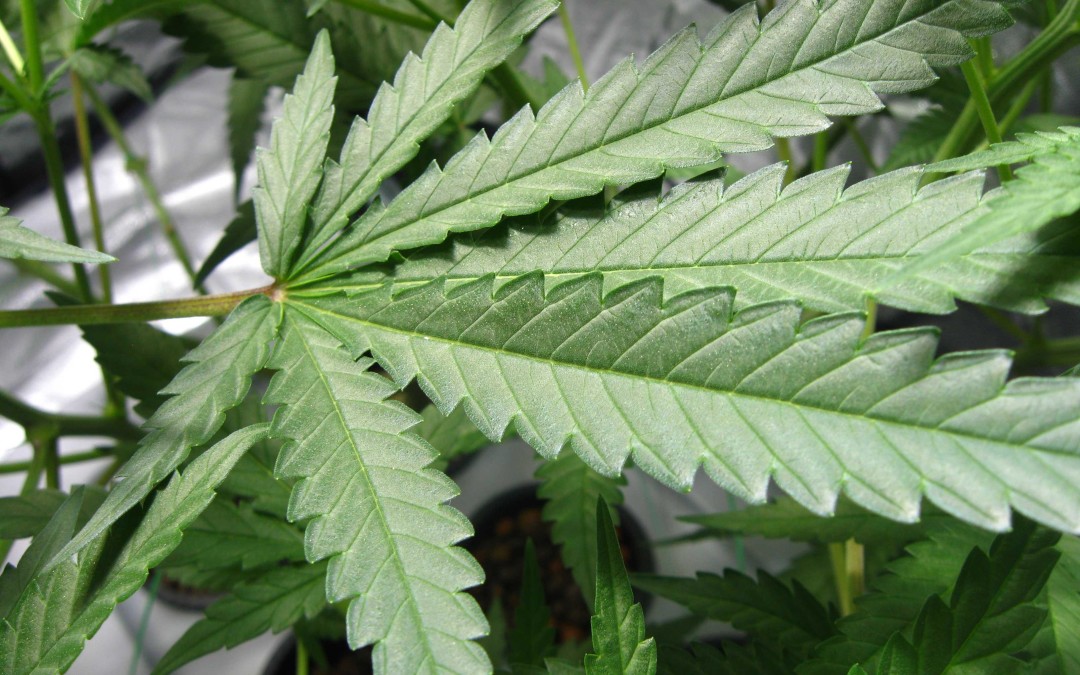
Is Medical Marijuana An Effective Treatment for PSTD?
PTSD, or post-traumatic stress disorder, is caused by disturbing episodes that cause anxiety and the following symptoms: re-experiencing, avoidance, and hyper arousal (e.g., flashbacks, social isolation, insomnia). PTSD comes from changes in brain chemistry that occur at the time of the trauma that cause extremely high stress levels. Many new studies are confirming cannabis is an effective treatment for PSTD.
Martin Lee, a Multidisciplinary Association for Psychedelic Studies (MAPS) affiliate studied PTSD and cannabinoids in depth. “Researchers found that people with PTSD had lower levels of anandamide, an endogenous cannabinoid compound, compared to those who did not show signs of PTSD,” Lee wrote, “Innate to all mammals, anandamide (our inner cannabis, so to speak) triggers the same receptors that are activated by THC and other components of the marijuana plant.”

Recreational Marijuana’s Major Influence on Colorado Tourism
It seems that Colorado’s potential to be the Napa Valley of cannabis is not too far away. According to a recent Colorado Tourism Office survey 48 percent of tourism in 2015 was largely influenced by legal recreational pot. With an estimated $2.6 billion in tourism made this past summer, Colorado is helping to blaze a trail for the legal marijuana industry.
My420Tours is just one example of a thriving cannabis tourism business. Danny Schaefer of My420Tours hosts 120 to 200 visitors a week. Visitors get picked up by a luxurious Canna-bus and are brought to Denver’s top cannabis dispensaries, a marijuana grow facility, state of the art glass shop, and then end the tour with lunch.
Newly appointed tourism office chief Cathy Ritter recently said that legal cannabis is “a great topic for discussion and a great topic for more research”. What is most exciting is legal recreational sales only began on Jan. 1, 2014. In just one year Colorado has seen exponential growth and is helping to validate the industry as other states work towards legalization. Other states, including Oregon and Washington, have an amazing opportunity to fully embrace the industry and follow in Colorado’s foot steps.

Top Challenges For Marijuana Dispensaries
Brick & mortar is not dying. E-commerce giants like Amazon are certainly thriving, but consumers still want to have in-store experiences. Online shopping is great for the convenience, but in many cases customers still want to experience the product themselves or talk to a knowledgeable sales representative before buying anything. Retail in the legal cannabis industry may be the most intriguing examples of this.
 What’s interesting is that marijuana retailers can’t even take advantage of e-commerce, yet. Cannabis businesses face a lot of unique challenges because of the red tape around laws and regulation. Now that marijuana is legal in a few states, thousands of dispensary locations are opening their doors to find that making money is the least of their worries.
What’s interesting is that marijuana retailers can’t even take advantage of e-commerce, yet. Cannabis businesses face a lot of unique challenges because of the red tape around laws and regulation. Now that marijuana is legal in a few states, thousands of dispensary locations are opening their doors to find that making money is the least of their worries.
Attracting the right employees, educating consumers and creating memorable in-store experiences are all crucial elements to any successful storefront. Many dispensary owners are struggling to hire the right talent and brand their store properly. Not to mention cannabis compliance is a huge stress for business owners; it is not uncommon to hear horror stories about licenses being revoked, shops shutting down or managers getting fired.
Despite operational challenges, business is good. In 2014, recreational and medical marijuana brought in almost $700 million in total sales for the state of Colorado alone. Cash flow may not be an issue, but creating a positive environment for customers and keeping compliant with the ever-changing state laws will be a tough balancing act for most.
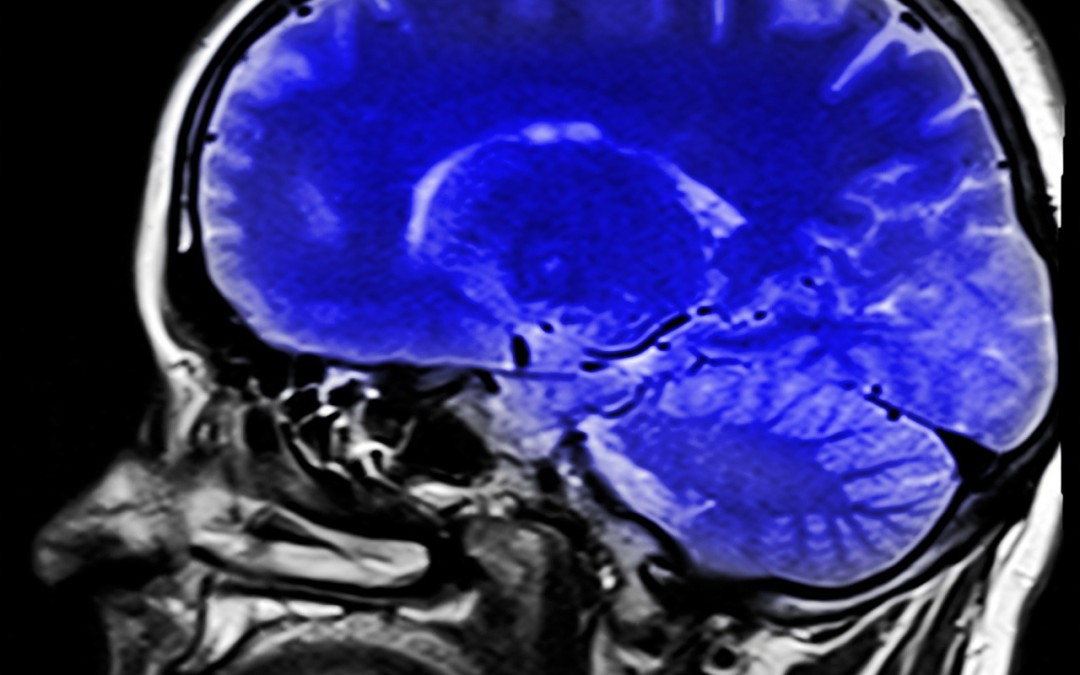
Does Marijuana Make You Smarter?
There is no evidence that marijuana makes you smarter. On the bright side, there is evidence that it does not make your IQ decline. Even heavy cannabis users do not have to worry about consumption decreasing IQ points according to one study from the University College of London.
“In particular alcohol use was found to be strongly associated with IQ decline,” the authors write. “No other factors were found to be predictive of IQ change.”
That isn’t to say cannabis has no cognitive benefits whatsoever. New research shows that marijuana supports neurogenesis, which is the process where new brain cells are created. Neurogenesis is an essential component of brain function and greatly reduces the chances of developing depression, Alzheimer’s, and other disorders.
Cannabis may make you more creative too. Research is confirming cannabis positively impacts divergent thinking, which is a component of creativity. By increasing divergent thinking, people are more likely to think outside of the box and make new connections to help them solve problems.
Steven Laviolette at The University of Western Ontario confirmed that cannabis certainly has mood altering effects, but they vary by individual. This contributes to why cannabis has gotten a reputation for inconsistent side effects —some claim it makes them feel relaxed and creative; others report feelings of anxiety and paranoia.
This is just the tipping point. As regulation and legalization spread state to state, funded studies will help answer important questions about marijuana and it’s effects on the mind and body.

How To Break Into The Legal Marijuana Industry
“The way we characterize the growth of the cannabis business,” said Morgan Paxhia, co-founder and chief investment officer at Poseidan Asset Management, a cannabis industry investor group, “is to measure it in dog years.”
Recreational cannabis sales began on Jan. 1, 2014 in Colorado. Less than a year later, monthly sales in Colorado have surpassed the $100 million mark, according to recreational and medical marijuana sales data from the state Department of RevenuMonthly. Marijuana has the potential to become one of the most significant game changers in the history of American businesses, compared to that of high tech and automobiles.
One industry consultant predicts 200,000 cannabis-related positions will be created this year alone. Cannabis businesses have all the same needs as any other: HR, finance marketing, public relations, construction, IT, etc. Everyone is starting to want their piece of the pot pie.
How can you break into America’s fastest growing industry? There are many different opportunities to transfer over your professional skills and functions to a legitimate cannabis company. Some positions pay more than others, and as the industry evolves, so will the positions within it. If you are currently looking for job in the marijuana industry, there are many helpful resources online like weedhire.com.
If you are looking to start your own cannabiz, there are plenty of opportunities and even more challenges for entrepreneurs. The legal marijuana business is booming, but that does not make it any easier to start a company. In fact, it is much harder to cultivate a successful startup due to the volatile market, no direct access to banks, tax regulations, and many other factors.
Despite the obstacles, many entrepreneurs and investors are not missing out on the millions of new customers that have a variety of new needs, preferences, and questions about cannabis. It may well be worth the growing pains too, as many are predicting the most successful small companies for acquisition once cannabis is legal at a federal level and large companies can join the green rush.
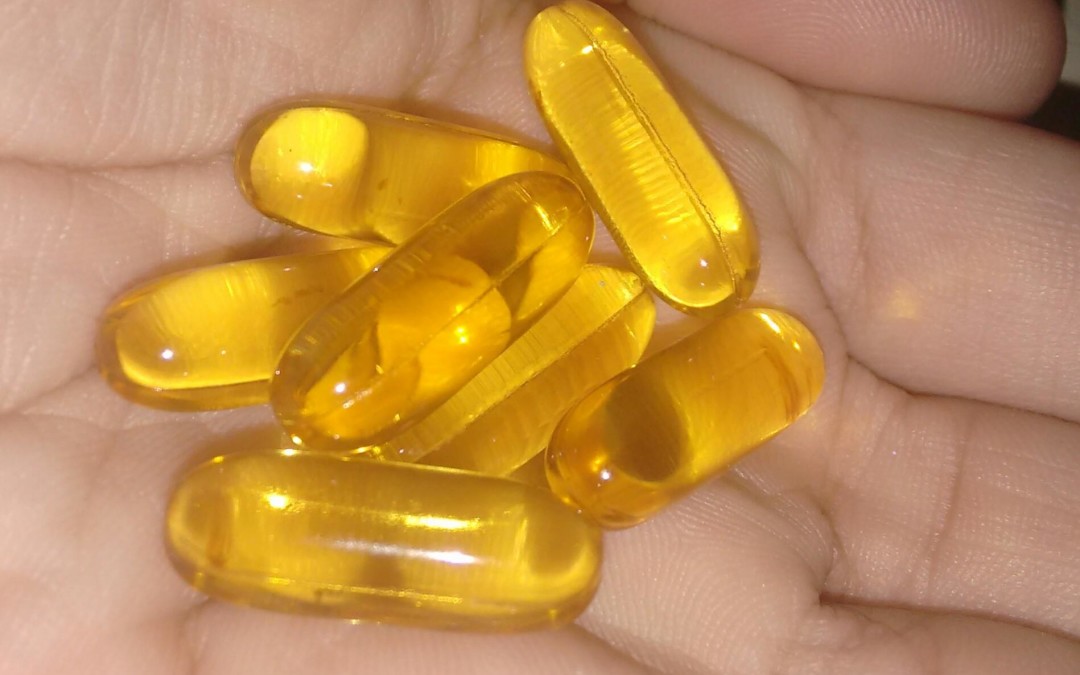
What is CBD oil good for?
Most people have heard of a chemical called THC, which is the ingredient in marijuana that gets consumers high. But recently, attention has shifted to another compound in marijuana called CBD. Unlike THC, CBD does not cause a high and is non-psychoactive, yet provides many medicinal benefits (some listed below).
A study published in The International Journal of Neurophamacology points to Cannabidiol (CBD) as a cause of neurogenesis in the brain as well. Neurogenesis in the brain plays a key role in learning and memory, and has been linked to a variety of cognitive conditions such as anxiety, depression, addiction and neurodegenerative diseases such as Parkinson’s.
CBD is changing the way doctors, scientists and patients view cannabis for medicine. It is helping people, where many pharmaceutical drugs have failed. Dr. Sanjay Gupta, CNN correspondent and neurosurgeon, has helped generate buzz about the many medical benefits CBD, in his new documentary “WEED,” and even apologized for his previous position against it.
Care By Design, a company that offers patients high quality CBD-rich cannabis oil products, surveyed thousands of their customers over a 30 day period. The survey results confirm that CBD is good for many ailments and therapeutic benefits. It seems we shouldn’t be asking “What is CBD good for?” rather, “What is CBD NOT good for?”. However, more clinical studies are still needed to evaluate the potential of CBD for specific conditions and to support nation-wide drug approval.
Key CBD Survey Findings:
- Medical marijuana patients are using CBD-rich cannabis for a wide variety of conditions, including serious and incurable diseases, and conditions where FDA-approved pharmaceuticals have not worked.
- Patients with psychiatric illnesses, mood disorders, neurological diseases and CNS injuries favor CBD-dominant cannabis medicines.
- THC matters. A 4:1 CBD-to-THC ratio was the most likely to reduce pain or discomfort, and improve mood and energy. Proving consistent with scientific research indicating that CBD and THC interact synergistically to enhance each other’s therapeutic effect.
- CBD-rich cannabis appears to help improve severity of pain in conditions like fibromyalgia, headaches and migraines, and at improving patients’ sense of wellbeing, particularly for patients with PTSD.
- CBD products may not be appropriate as a supplement for people who are otherwise healthy.

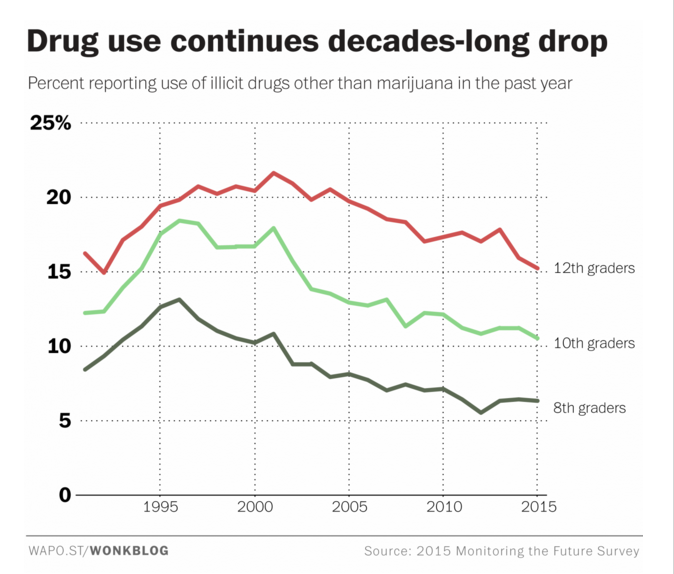
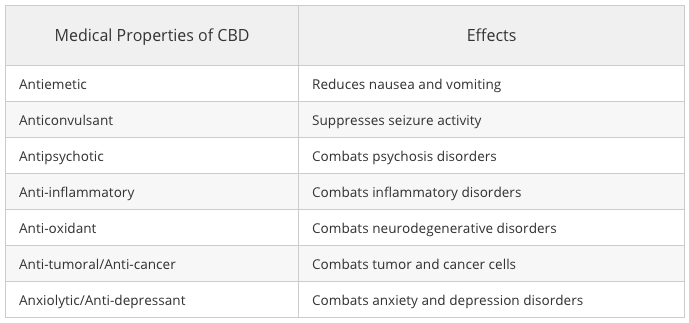
Recent Comments